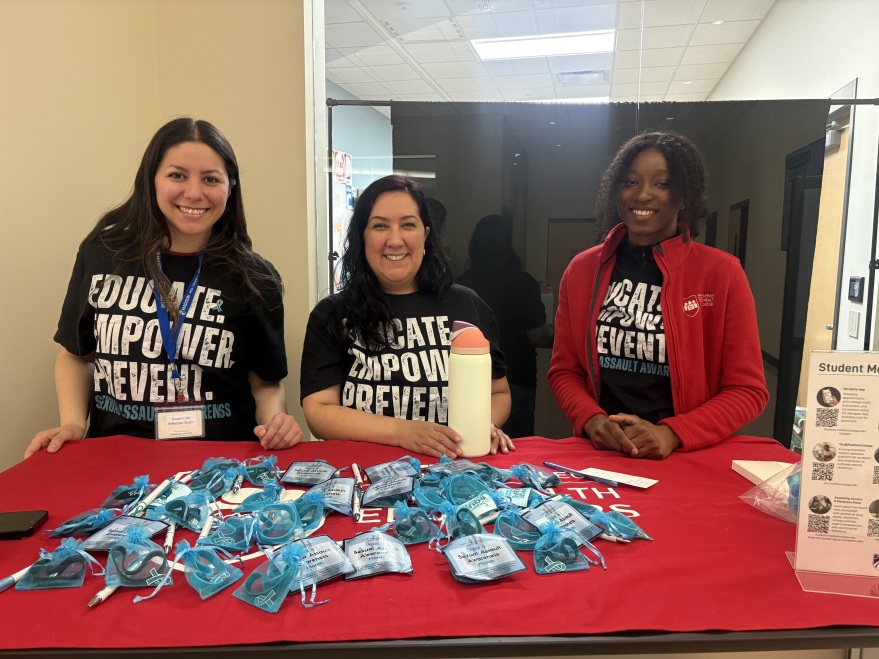Supreme Court Justice implores students to fight for fairness
September 21, 2016
Over 1,500 audience members watched in curiosity as Associate Justice of the Supreme Court Justice Sonia Sotomayor stood up on stage of Wisconsin Union Theater with a large smile on her face, warned the U.S. marshals to settle down, and asked that no audience members suddenly jumped up as it might make her guards unhappy.
“They are here to protect me from myself,” Sotomayor smiled. She then proceeded to make her way off the stage and roamed around the crowds, greeting, hugging, and smiling at audience members as she answered the questions her two former law clerks asked during a Q & A- style lecture.
Sotomayor, the first Latina Supreme Court Justice appointed by President Obama in 2009, visited the University of Wisconsin- Madison to deliver the annual, sold-out Robert W. Kastenmeier lecture on Thursday, Sept. 8.
She discussed the strengths and weaknesses of the justice system in the United States, and how she, despite the big titles, is still “a human.”
She also said, “If I can talk to the general public about who I am, how important and passionate I am about the law, how important and passionate my colleagues are about it, even when we disagree, then maybe we can change people’s perceptions of the court…I believe in being a citizen lawyer first and foremost.”
“The little corruption we have is a standard of hope for others,” she said as she discussed impartiality and ethics of fairness in dealing with cases. “To speak the word justice means to act with responsibility,” she said.
“But there are measures that exist to be fair, and that means not ruling by emotions, but ruling by precedences, such as ‘this is what we’ve done before’…” which can, in turn, change any bad policies that may exist in the law.
When mentioning where the Supreme Court could use improvement, she said “the lack of legal representation in some critical areas are some of the things we don’t do well.”
Sotomayor then began to discuss the issues with the criminal justice system.
“Some of the worst paid lawyers in the criminal justice system are our criminal defense lawyer, our criminal justice attorneys,” she mentioned.
“By the time defendants get to the criminal justice system, it’s so much harder to turn their lives around. I don’t give up the hope that there is rehabilitation for a lot of people, but it’s harder. It’s much easier, a better investment, of our resources, I think, as a nation, to invest in kids when they are young, to keep them away from the temptations of the streets, then to undo the bad that the streets did,” she said.
She urged the creation of supplemental education after-school programs to give children in poor situations a better shot. Sotomayor also explained the way the Supreme court works, saying it “establishes laws for the whole country,” and admitted that sometimes, “we can lose sight of the individuals involved on the case.”
She discussed that she often has to remember that human lives are at stake.
“I’m always conscious that what I do will affect someone negatively. Justice has a price… and there’s always another side,” she said.






























